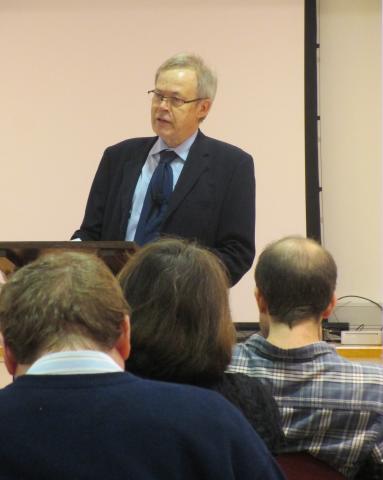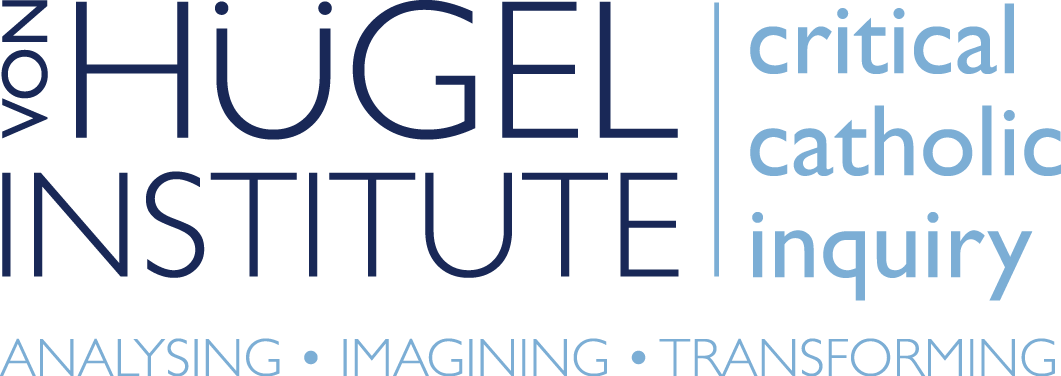The UK political class currently suffers from a loss of trust and a loss of legitimacy, following a series of scandals and policy failures. Fewer citizens vote for either of the two main parties, an increasing number abstain altogether, membership of political parties is in sharp decline, the political class is recruited from an increasingly narrow section of society, and new forms of populism and anti-system politics are on the rise which threaten the values of a liberal pluralist polity. The contrast is often made with the lost world of the 1950s when responsible and representative government seemed to go together. But there are many reasons why a return to politics as it was practiced in the 1950s would be impractical as well as undesirable. The malaise of contemporary politics has its roots in the way modern democracies have evolved. The legitimacy of the political class has relied on a fund of moral capital built up in the past which for a variety of reasons has been steadily depleted. No-one is quite sure if or how it can be replenished. It may be that we are stuck with the democracy we have, but will that be enough to deal with the challenges we face?
The audio-recording of this lecture is now available online.
 Professor Andrew Gamble FBA, Professor Emeritus of Politics at the University of Cambridge, was the first Head of the Department of Politics and International Studies, and Deputy Head of the School of Humanities and
Professor Andrew Gamble FBA, Professor Emeritus of Politics at the University of Cambridge, was the first Head of the Department of Politics and International Studies, and Deputy Head of the School of Humanities and
Social Sciences. His research interests include exploring the complex interrelationships between state and economy, and the ideas, policies and institutions through which these are expressed.
This lecture is part of the VHI Themed Lecture Series 'Ethical Standards in Public Life', co-hosted with St Mary’s University, Twickenham.


